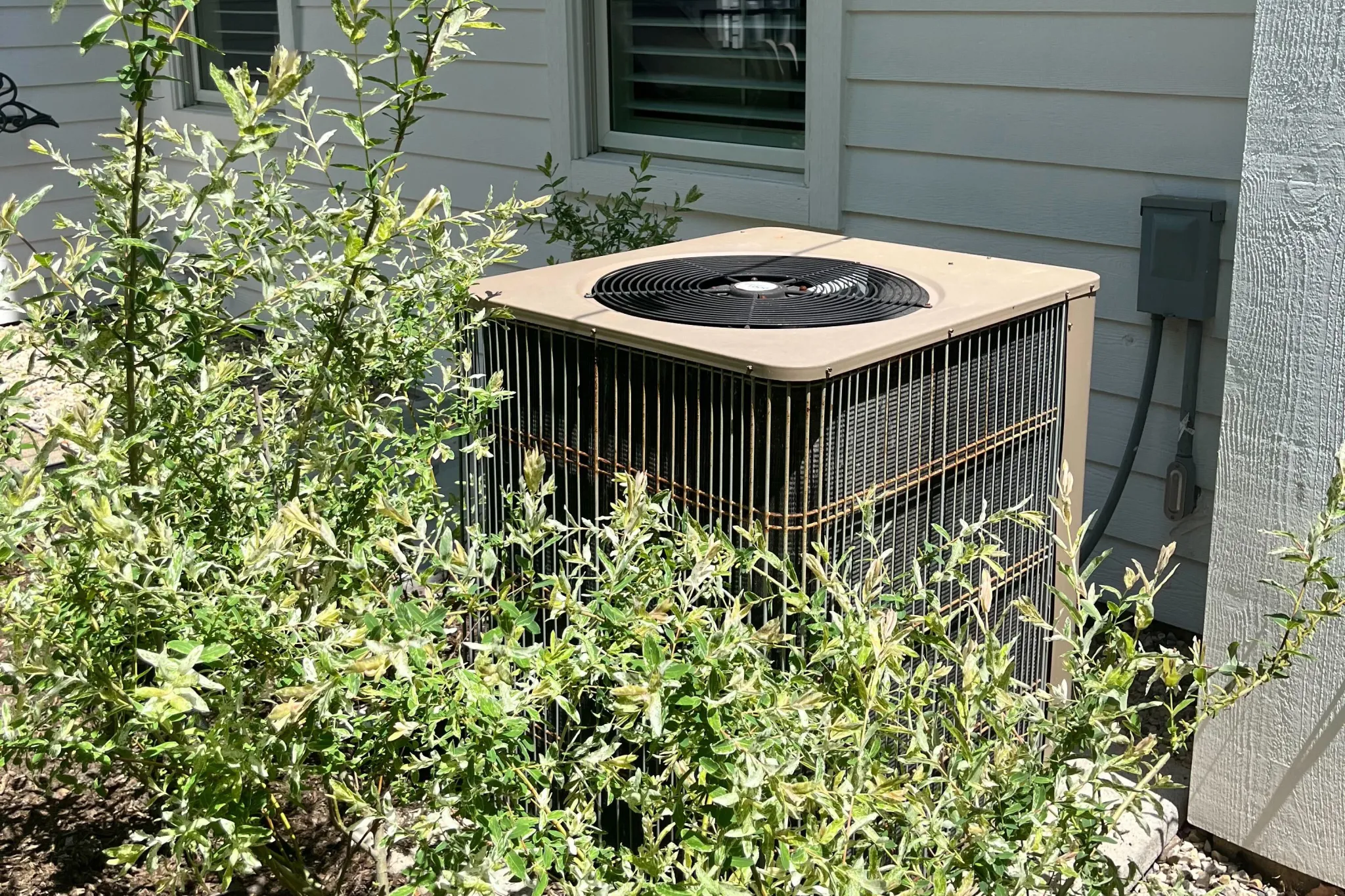
How to Choose the Right HVAC System for Your New Home
Choosing the right HVAC (Heating, Ventilation, and Air Conditioning) system for your new home is
crucial for ensuring comfort, optimizing energy efficiency, and minimizing future costs. The decision
can be overwhelming due to the variety of systems available and the specific needs of your home.
This guide will provide practical advice to help new homeowners make an informed choice.
Understanding Different Types of HVAC Systems
1. Split Systems: The most common residential HVAC system, comprising an outdoor unit (air
conditioner or heat pump) and an indoor unit (furnace or air handler). Ideal for homes with
space for ductwork and a need for both heating and cooling.
2. Heat Pumps: Particularly effective in mild climates, heat pumps provide both heating and
cooling by transferring heat between the indoors and outdoors. They are energy-efficient and
can reduce the use of electricity for heating by approximately 50%.
3. Ductless Mini-Split Systems: Best for homes without existing ductwork. These systems
feature individual units in each room, allowing for greater control over temperature zones and
reducing energy waste.
4. Geothermal Systems: Utilize underground temperatures to heat and cool your home, offering
the highest efficiency. While the upfront cost is higher, the long-term energy savings and low
maintenance needs can be a smart investment.
Factors to Consider When Choosing an HVAC System
● Size of Your Home: Accurately sizing your HVAC system is critical. Systems that are too
large or too small can lead to inefficiency, increased wear and tear, and uncomfortable
temperature fluctuations.
● Local Climate: The efficiency and type of HVAC system you choose should be appropriate
for your climate. For instance, heat pumps are more effective in areas with mild winters.
● Energy Efficiency: Look for systems with high SEER (Seasonal Energy Efficiency Ratio)
and HSPF (Heating Seasonal Performance Factor) ratings. Higher ratings mean better energy
efficiency and lower utility bills.
● Budget and Costs: Consider both the upfront installation costs and the long-term operating
costs. Investing in a more efficient system can provide greater savings over time.
● Rebates and Incentives: Research local incentives or federal tax rebates for installing
energy-efficient HVAC systems. These can significantly offset the initial investment.
Conclusion: Making the Right Choice
Choosing the right HVAC system for your new home involves careful consideration of your specific
needs, the characteristics of your home, and the climate you live in. Consult with HVAC professionals
who can provide detailed assessments and tailored recommendations based on your situation.
Investing time and effort into selecting the right system will ensure years of comfort and energy
efficiency.
By thoroughly researching and considering each of these factors, you'll be well on your way to finding
an HVAC system that fits your needs and budget, ensuring a comfortable and sustainable home
environment
Contact us now to join the revolution!
